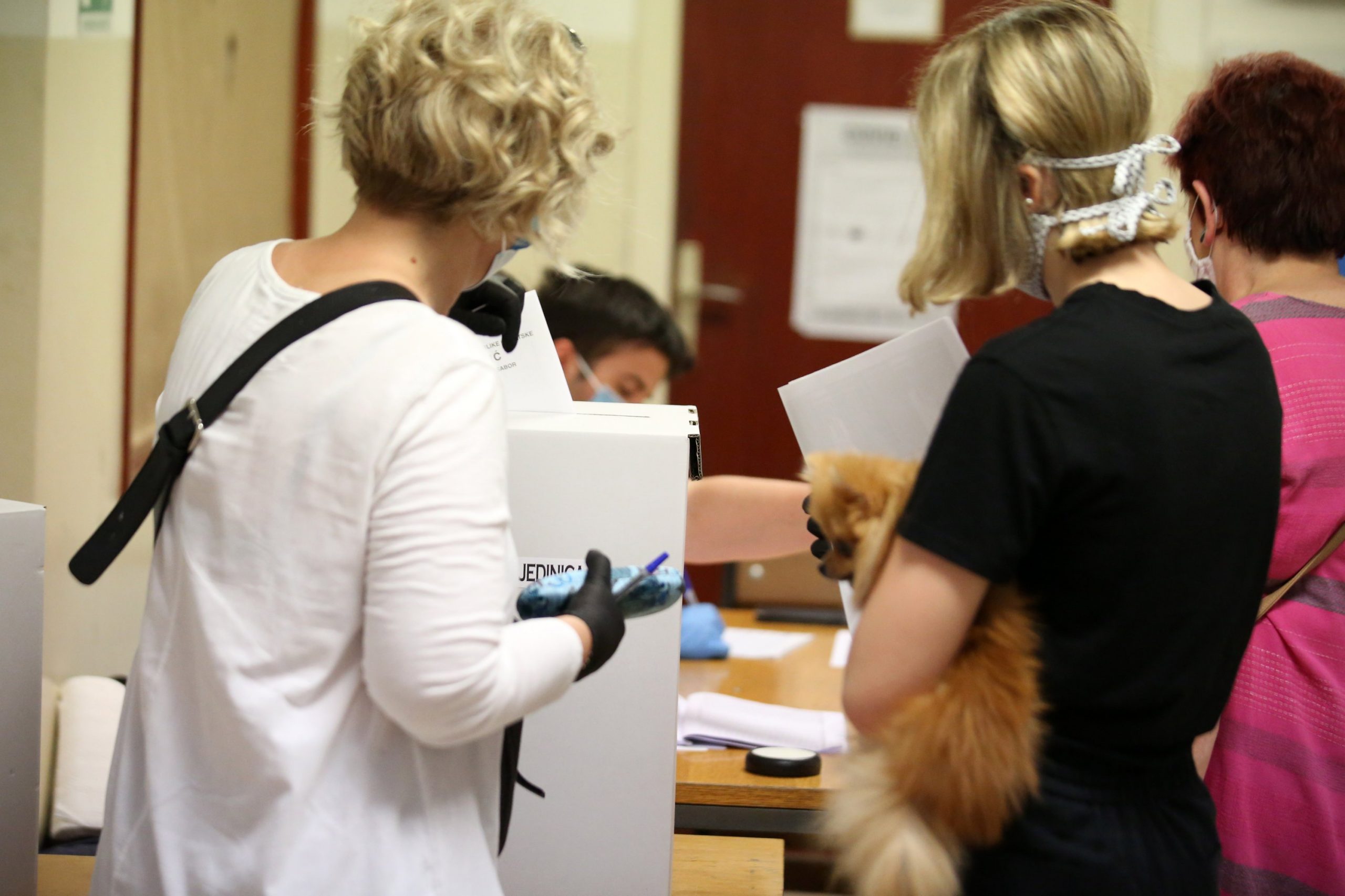Croatia held an election on Sunday at a time of rising coronavirus infections and a sharp economic downturn from the pandemic, with the outcome likely to lead to political negotiations to form a new government.
The ruling center-right Croatian Democratic Union (HDZ) has had a slight advantage in most opinion polls over its main rival, the Social Democrats (SDP), but neither party is seen being able to govern on its own.
“At these challenging times both for public health and the economy Croatia deserves to be led by experienced and responsible people,” Prime Minister and HDZ leader Andrej Plenkovic told supporters this week.
His two top opponents are SDP leader Davor Bernardic and popular singer Miroslav Skoro, whose nationalist and eurosceptic Domovinski Pokret (Homeland Movement) has fared third in the opinion polls with just above 10% support, compared with close to 30% for the two top parties.
Polling stations will close at 1700 GMT when the exit polls will be released. The first preliminary official results are expected around two hours later.
By 0930 GMT the turnout was 18.09%, around one percentage point below that four years ago. The highest number of voters, many of them wearing masks, has been reported in the Zagreb area, while some eastern parts of the country, with recent clusters of COVID-19 cases, lag behind other areas of Croatia.
“My choice is Skoro as I believe his party wants stability and to stop the young people from moving to seek jobs abroad,” said Ilija Grlic, a voter from the Zagreb area.
The new government will have an uphill task to keep a grip on the coronavirus while trying to restore the economy, expected to shrink some 10% this year. Tourism revenues are forecast to slump 70%.
“I think that the SDP could be a relative winner, but that the HDZ could be the one to eventually form a (coalition) cabinet,” said Kristijan, a teacher, before casting a ballot.
Some analysts believe that the two biggest parties may be forced to join forces, as the alternative of trying to form a stable government with junior partners, such as Skoro’s Homeland or the conservative Most (Bridge) party, may prove difficult.
Both Plenkovic and Bernardic have firmly rejected the idea of a “grand coalition.”
Croatia has reported a relatively small number of coronavirus infections – 3,000 COVID-19 cases and around 100 deaths recorded so far – but infections have accelerated in the past two weeks, with the daily number of new cases currently peaking at around 80.










Discussion about this post